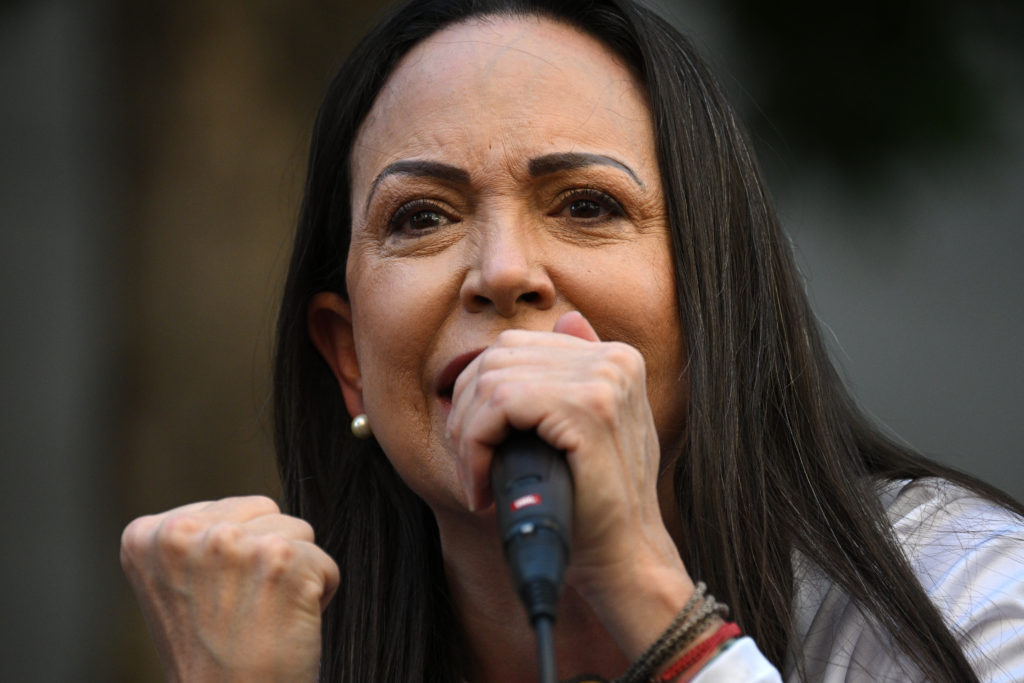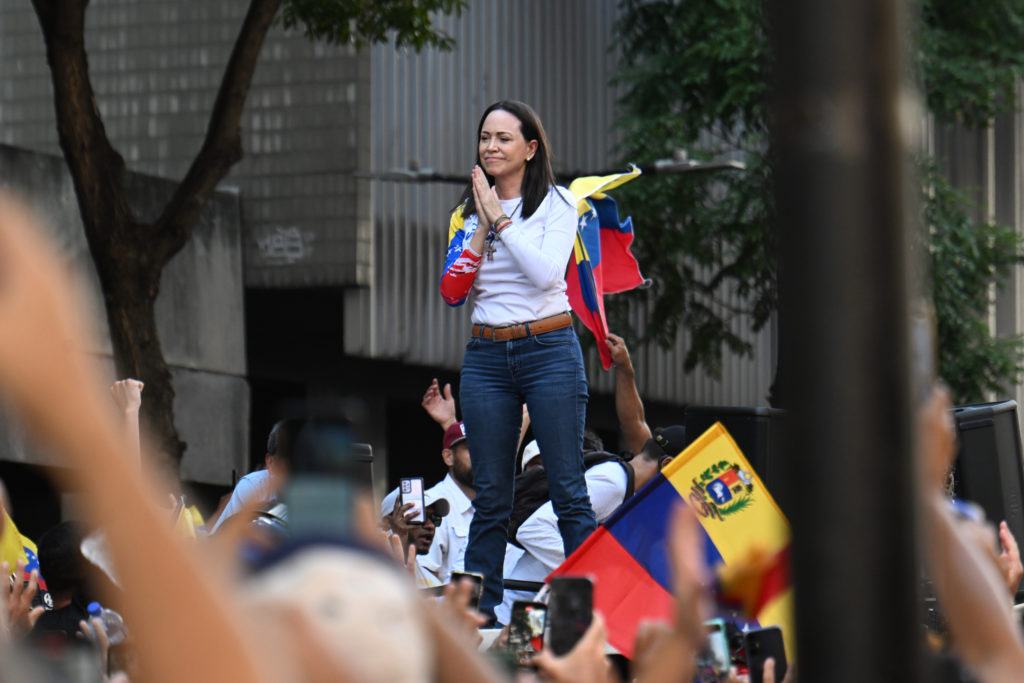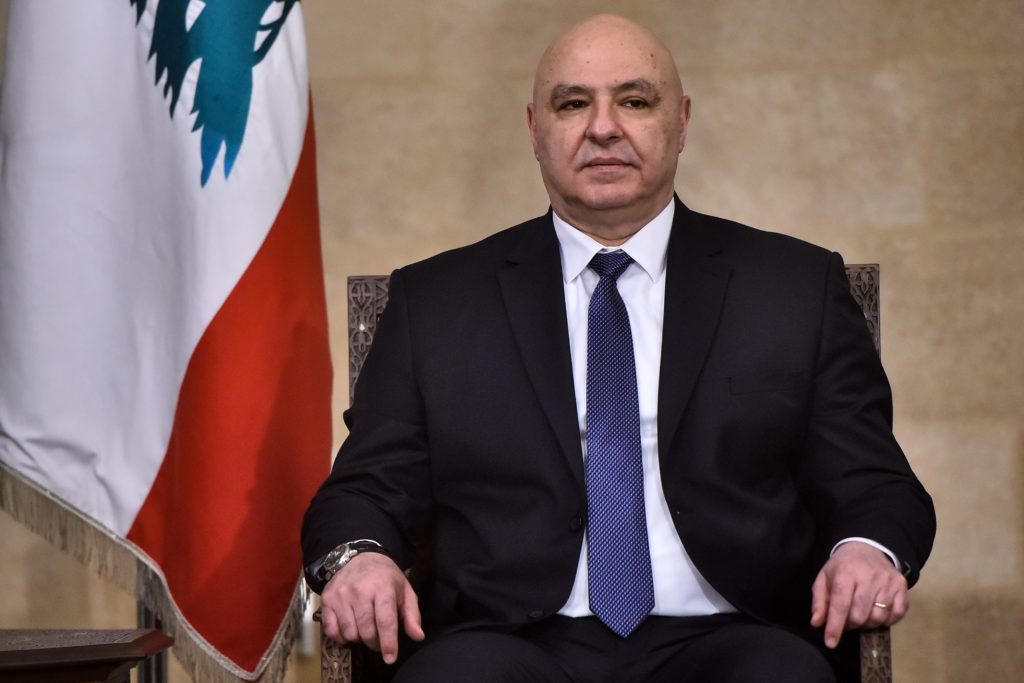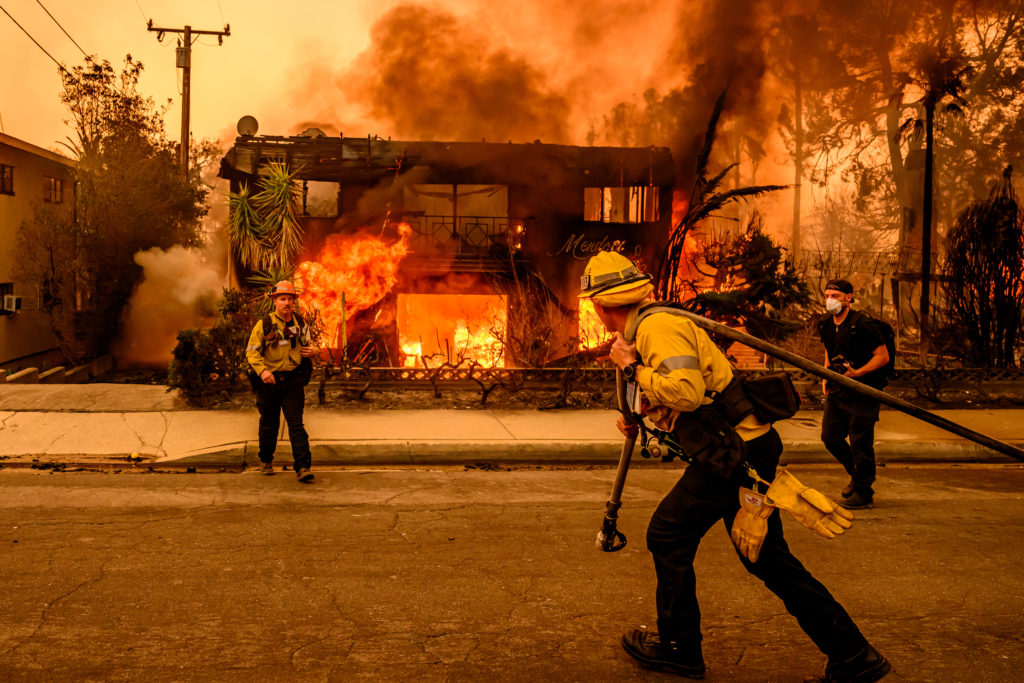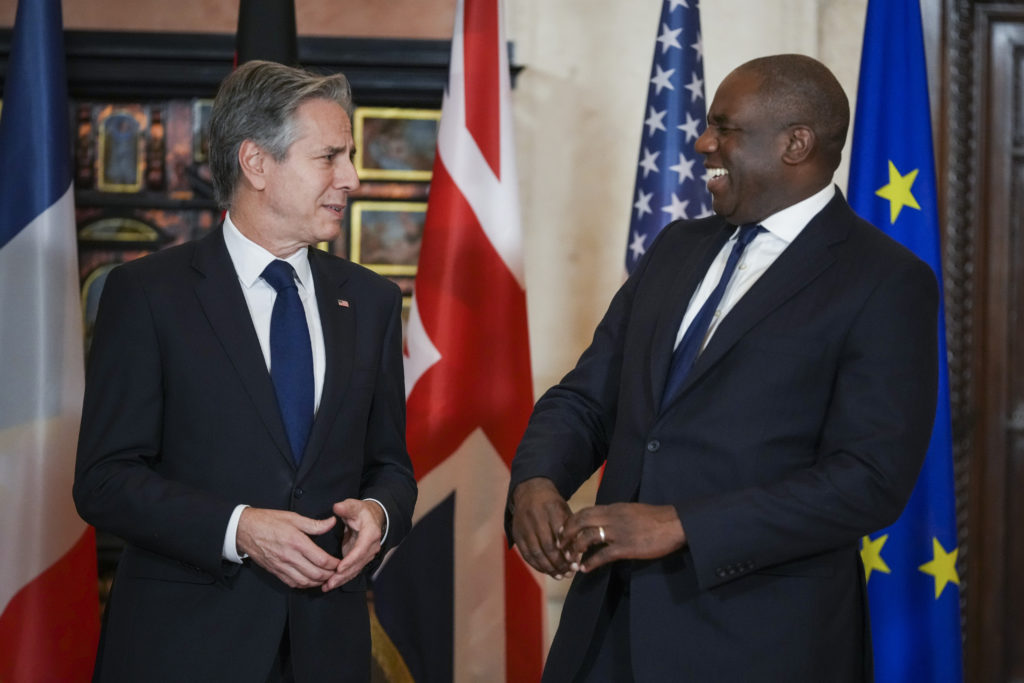Russia's defence ministry denied striking any targets inside Kyiv
Ukraine battled Thursday to reconnect water and electricity services to millions of people cut off after Russia launched dozens of cruise missiles that battered Ukraine’s already crippled electricity grid.
The energy system in Ukraine is on the brink of collapse and millions have been subjected to emergency blackouts over recent weeks after systematic Russian bombardments of the grid.
The World Health Organisation has warned of “life-threatening” consequences and estimated that millions could leave their homes as a result.
Twenty-four hours after the Russian strikes smashed Kyiv, city officials said 70 percent of homes were still suffering emergency outages but that water services had been fully restored.
“Energy companies are making every effort to return (services) as soon as possible,” Kyiv Mayor Vitali Klitschko said earlier.
The strikes knocking out electricity come at a precarious time, with winter setting in and temperatures in the capital hovering just above freezing.
Ukraine accused Russian forces of launching around 70 cruise missiles as well as drones in attacks that left 10 dead and around 50 wounded.
But Russia’s defence ministry denied striking any targets inside Kyiv and said damage in the capital was caused by Ukrainian and foreign air defence systems.
– ‘Scariest day’ –
“Not a single strike was made on targets within the city of Kyiv,” it said.
Moscow’s is targeting power facilities in an apparent effort to force capitulation after nine months of war that has seen Russian forces fail in most of their stated territorial objectives.
“The way they fight and target civil infrastructure, it can cause nothing but fury,” said Oleksiy Yakovlenko, the chief administrator at a hospital in the eastern Ukraine city of Kramatorsk.
But even as blackouts there become more frequent, Yakovlenko said his resolve was unwavering.
“If they expect us to fall on our knees and crawl to them it won’t happen,” Yakovlenko told AFP.
The wave of attacks on Ukraine’s grid come as Russian troops suffer a wave of battlefield defeats. This month they withdrew from the only regional capital they had captured, destroying key infrastructure as they retreated from Kherson in the south.
Ukraine prosecutors said Thursday authorities had discovered a total of nine torture sites used by the Russians in Kherson as well as “the bodies of 432 killed civilians”.
Wednesday’s attacks disconnected three Ukrainian nuclear plants automatically from the national grid and triggered blackouts in neighbouring Moldova, where the energy network is linked to Ukraine.
The energy ministry said that all three nuclear facilities had been reconnected by Thursday morning.
And power was nearly entirely back online in ex-Soviet Moldova and its pro-European president Maia Sandu convened a meeting of her security council to discuss energy.
The mayor of Ukraine’s second largest city, Kharkiv, near the border with Russia, said water was being restored to homes and municipal workers were reconnecting public transport.
“We’ve restarted power supplies. Believe me, it was very difficult,” said Mayor Igor Terekhov.
But there were still disruptions across the country and even the central bank warned the outages could impact banks.
“There is danger of complete inability of banks to work due to prolonged absence of electricity supply,” it said.
– ‘Shutdowns’ –
The Kremlin said Ukraine was ultimately responsible for the fallout from the strikes and that Kyiv could end the strikes by acquiescing to Russian demands.
Ukraine “has every opportunity to settle the situation, to fulfil Russia’s demands and as a result, end all possible suffering of the civilian population,” spokesman Dmitry Peskov said.
Moscow announced separately it had issued tens of thousands of Russian passports to residents of four Ukrainian territories, which President Vladimir Putin claimed to have annexed in September.
“More than 80,000 people received passports as citizens of the Russian Federation,” Valentina Kazakova, a migration official with the interior ministry, said in remarks carried by Russian news agencies.
In September, Russia held so-called referendums in Donetsk, Lugansk, Zaporizhzhia and Kherson and claimed residents had voted in favour of becoming subjects of Russia.
Putin formally annexed the territories at a ceremony in the Kremlin later that month, even though his forces have never had full control over them.


